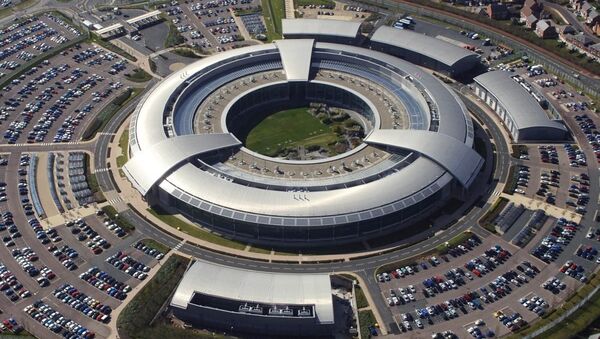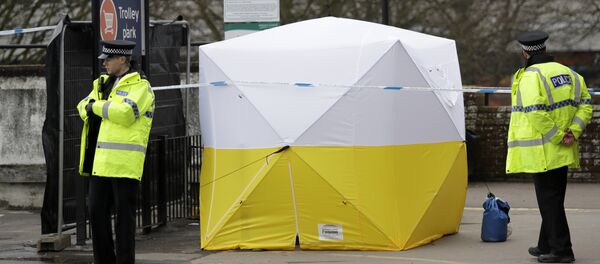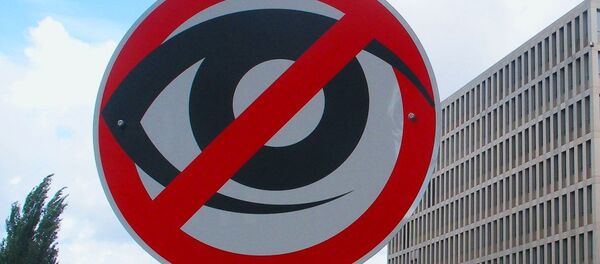The letter was signed by Reporters Without Borders, Index on Censorship, English PEN, Big Brother Watch, Open Rights Group, the National Union of Students, Committee on the Administration of Justice and Cage.
"The bill will enable the [UK] Government to enter treaties to allow foreign governments to make inbound applications for information", the letter said. "This may well result in overseas authorities… having greater powers over UK-held data."
Many of the expansive powers outlined in the UK’s "Overseas Production Orders" bill are unprecedented and may put journalists' data at risk, the letter added.
The bill establishes a route for UK authorities to quickly access data on overseas servers including telecom company platforms, and vice versa, the letter said.
"But that route also takes a shortcut through important protections for citizens’ privacy, which results in a draconian new regime," the letter stated.
READ MORE: Browse Much? 3,000 Britons Under Surveillance — Ex-UK Counter-Terrorism Officer
For Britons, under UK common law there is no right of privacy. The House of Lords ruled in October 2003 that there is no general common law tort for invasion of privacy and that the European Court of Human Rights (ECHR) does not require Britain to adopt one.
In 2018, the UK adopted a new security doctrine, also commonly known as a "Fusion Doctrine". The document envisages the deployment of the full set of national security, economic and influence capabilities in pursuit of national security goals.
READ MORE: UK Refuses to Cooperate on Belgacom Surveillance Case With Belgium — Reports
"Our ability to use data, at scale and pace, across organisational boundaries is a critical capability. Data comes in many different forms – public and private, covert and overt, and created by industry and government. The UK has a strong legal framework for data protection, which provides confidence to the public and international partners about our use of data. We are increasing the knowledge and skills base of policy makers, operational partners and strategists to ensure they are data-literate and able to be intelligent customers of analytical insight. We are also investing in recruiting, training and retaining specialist data scientists, systems architects and data analysts", "Fusion Doctrine" says.
Last September, the European Court of Human Rights ruled that the UK government had breached the right to privacy with its mass electronic surveillance program, which was exposed by former US National Security Agency (NSA) Edward Snowden. The court assessed three aspects of digital surveillance, including the interception of communications, intelligence sharing and acquisition of communications data.
READ MORE: UK Could Face Legal Action Over Exports of Surveillance Tech — NGO
In particular, Snowden has revealed that the UK Government Communications Headquarters (GCHQ) was running an operation called "Tempora" that allowed it to tap into and store large volumes of data, including phone calls, messages and internet communication.
However, following the revelations, the UK refused to work with the Belgian Federal Prosecutor’s Office on the case, stressing its unwillingness to cooperate with the investigation by alleged threats to Britain's sovereignty and security, The Guardian reported in October 2018.
READ MORE: Snowden's Lawyer Opens Up About Whistleblower's Life in Russia
The Belgacom's case sparked a backlash among the world's most renowned watchdogs and non-governmental monitors that have reportedly slammed the incident as a grave violation of human rights, freedom of information and privacy.






